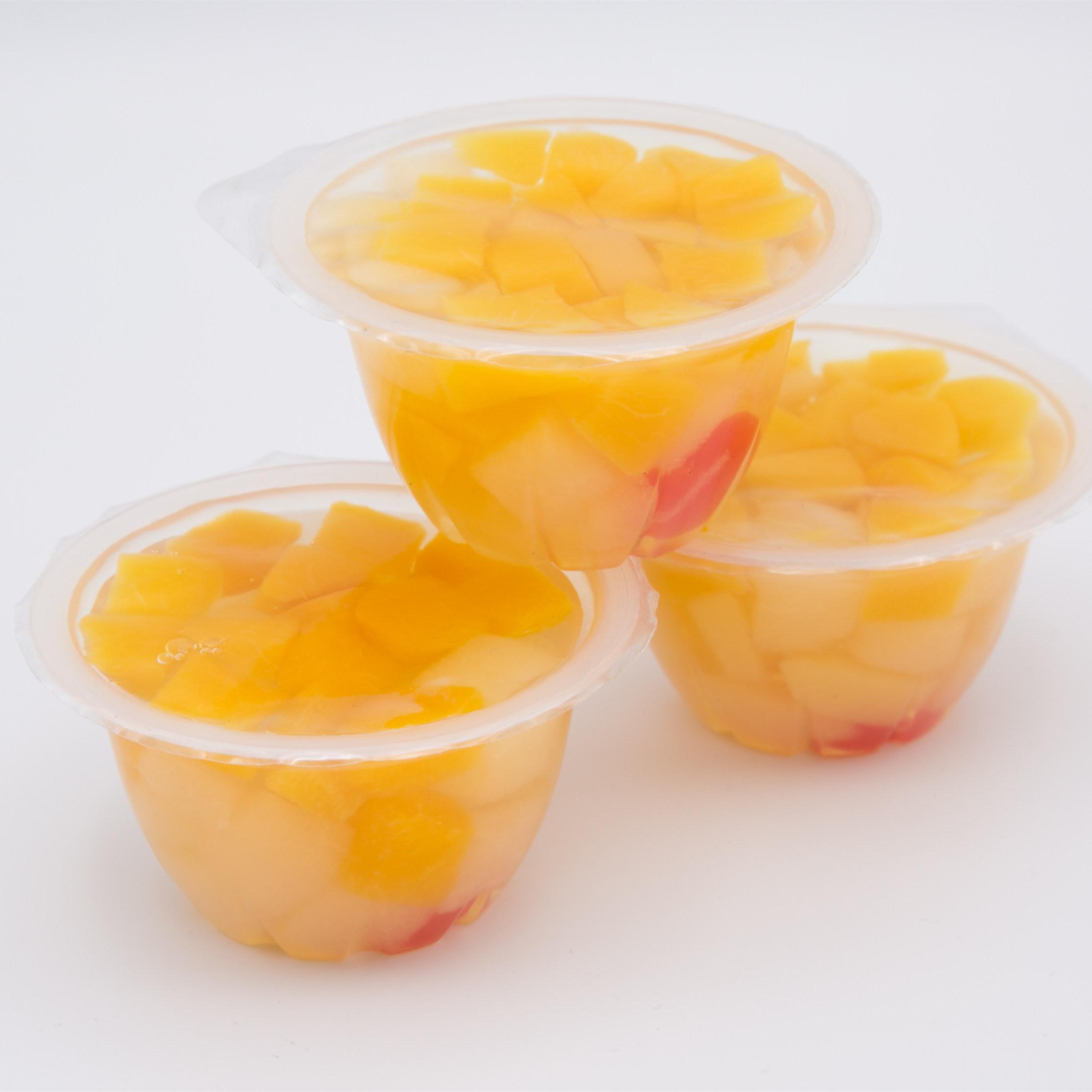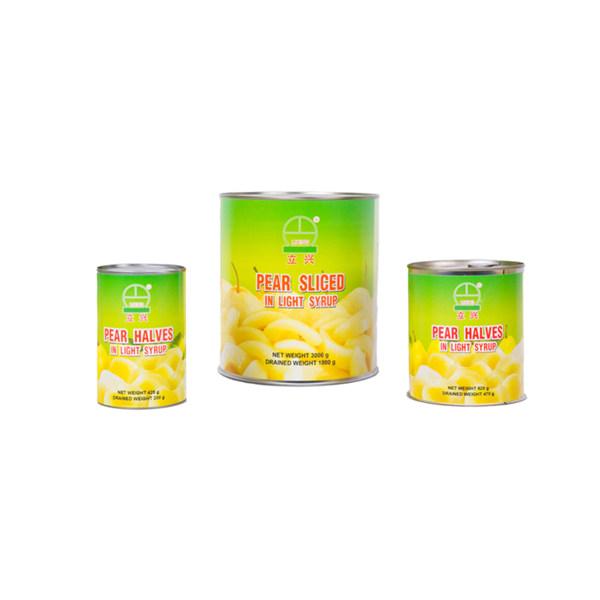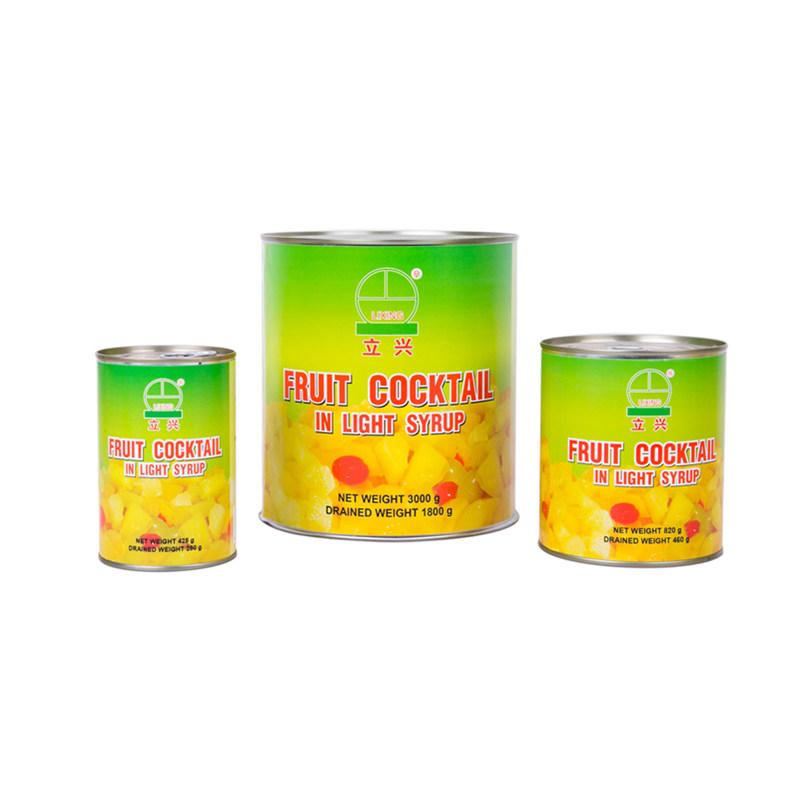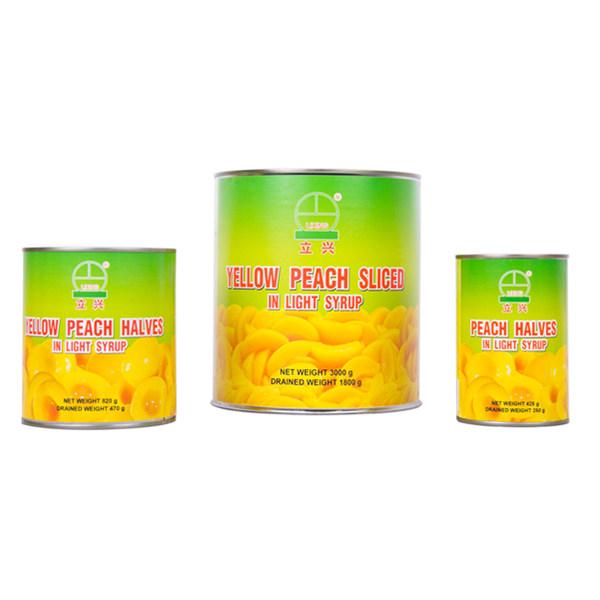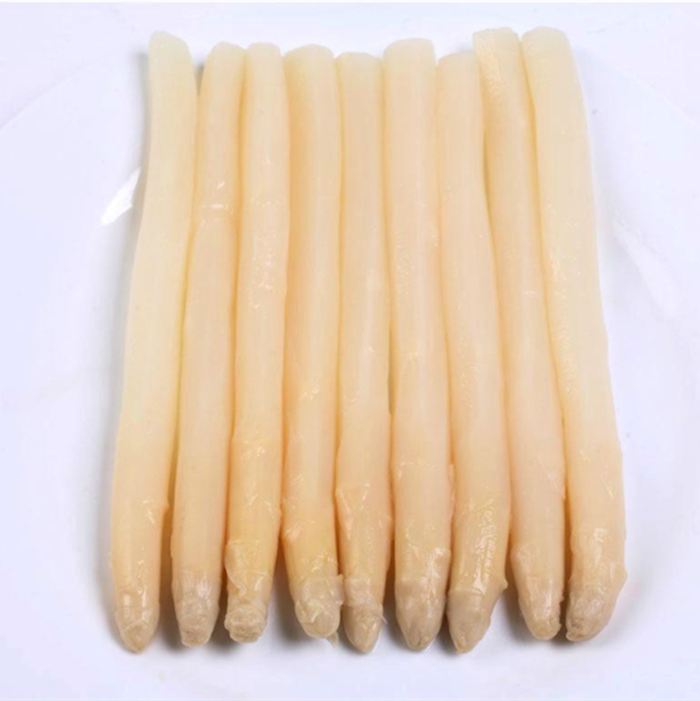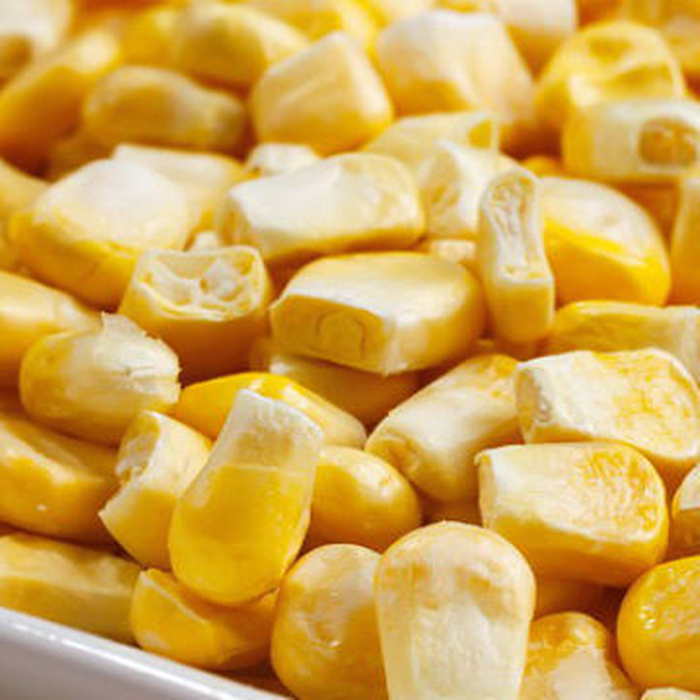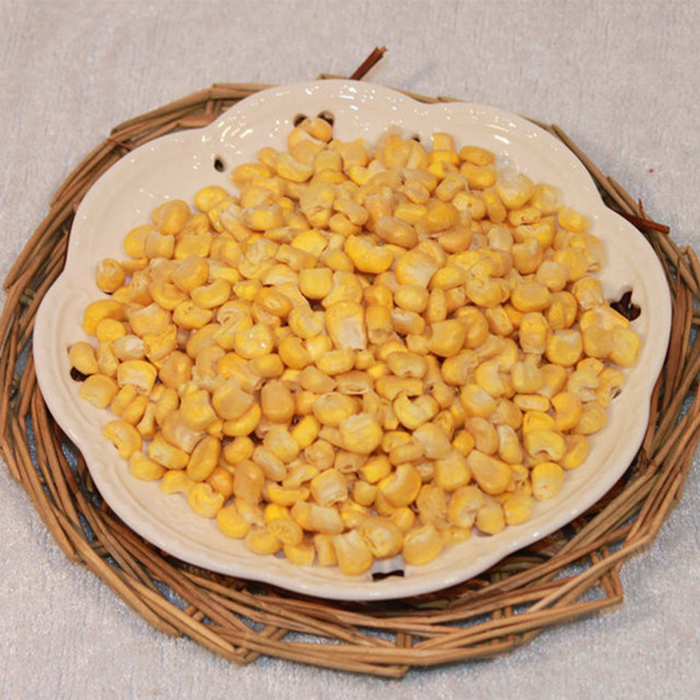Analysis on the Development of Canned Fruit and Vegetable Processing Industry in China.
Jutai Foods
Dec/19/2016
Current Situation of Canned Fruit and Vegetable Processing Industry in China
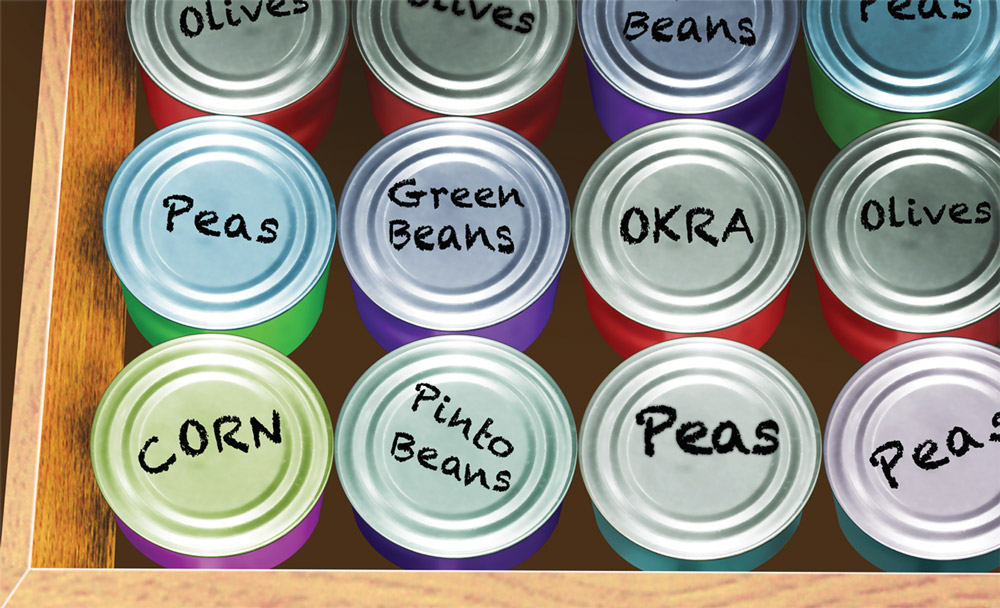
Fruit and vegetable industry is one of the most promising industries in the development of agricultural industrialization in China, and has obvious comparative advantage and market competitive advantage. At the same time, with the strategic adjustment of China's agricultural industry structure, fruit and vegetable industry will enter a new stage of rapid development. However, China's post-harvest processing of fruit and vegetable industry is relatively backward, has become a constraint to further development of fruit and vegetable industry, to enhance the crux of the problem. According to China's current stage of the fruit and vegetable processing industry rely on the introduction of equipment, technology by emulation, the market by foreign, depending on the size of resources, efficiency by price, competition on the status quo by price and integrated existing equipment, technology, resources and other considerations, to develop fruits and vegetables Canned processing is an important way to promote the healthy and sustainable development of fruit and vegetable industry in China.
Current Situation of Canned Fruit and Vegetable Processing Industry in China
After the founding of the PRC, China's canned fruit and vegetable processing industry has been rapid development, especially in the reform and opening up more than 20 years has made great achievements. At present, China's canned fruit and vegetable processing industry has a certain level of technology and a larger scale of production, export-oriented canned fruit and vegetable processing industry layout has been basically formed; canned fruit and vegetable processing industry in China's agricultural exports occupy an important position.
Apple, citrus, pear, peach, apricot and cherry are mainly concentrated in Shandong, Shaanxi, Liaoning, Hebei, Zhejiang, Hunan, Sichuan, Chongqing, Chongqing and other provinces and cities in the country. Fujian, Hainan and other provinces; vegetables such as tomatoes, mushrooms, asparagus is the main origin of Xinjiang, Fujian, Shandong, Hebei and other provinces. The main production areas of vegetables such as pineapple, litchi, longan. According to their own characteristics and advantages of resources and processing characteristics of raw materials, according to the international market requirements of the product, the development of local resources with the characteristics of canned fruit and vegetable processing industry: canned fruit processing mainly in the southeast coastal areas; canned vegetable processing mainly formed The Northwest region (Xinjiang, Ningxia and Inner Mongolia) and tomato processing base in central and southern regions of mushroom, asparagus industrial belt. At present, China's export base of fruit and vegetable products are concentrated in the eastern coastal areas, in recent years, the industry is expanding to the Midwest, "industry westward" situation is very obvious.
With the market demand and enterprise R & D capability, high-tech in the canned fruit and vegetable processing industry has been more widely used. Especially with the introduction of advanced foreign equipment and digestion, and fruit and vegetable canned products to export-oriented, so the product quality and processing technology requires a higher level, and promote the application of high-tech research, promotion and introduction. Such as: low-temperature continuous sterilization technology and continuous technology to the capsule in the acid canned (orange canned) has been widely used; the introduction of computer-controlled new sterilization technology (chestnut small canned products); packaging EVOH materials have been applied to canned Production; pure lactic acid bacteria inoculation so that the traditional production process of kimchi has undergone a revolution to promote the development of kimchi industry.
The international market gradually expanded, the comparative advantages become increasingly evident

China's canned fruit and vegetable products in the international market has an absolute advantage and market share. Canned fruit annual output of up to 130 million t, nearly 600,000 t for export, exports account for about one-sixth of the global market, exports amounted to more than 400 million US dollars. In the export of many products, the largest production of canned oranges, about 300,000 t, accounting for exports of nearly 50%, accounting for 75% of world production, accounting for more than 80% of international trade; followed by peaches canned, the annual export The amount of about 70,000 t, the future development of a great space; again, pineapple, pear, lychee and other products. At the same time, industry-wide market concentration is high, among them, the industry's top 10 enterprises, accounting for 30% of the market. Canned vegetables exports more than 1.4 million tons, of which canned mushrooms accounted for 65% of world trade, canned asparagus accounted for 70% of world trade.
Standards and quality control system continuously improved
China has established standards for canned products in more than 180 countries, industry and product standards. Canned fruits and vegetables, has established more than 90 product standards, content classification, measurement methods, product standards, technical conditions, covering most of the canned fruits and vegetables products for the product specification and market access to provide the legal protection. In terms of quality control, a large number of enterprises have been certified for the management of HACCP safety systems. In particular, HACCP certification must be obtained from the US FDA for processing enterprises exporting to the United States. These standards and the implementation of GMP and HACCP canned fruit and vegetable products to provide quality assurance.
